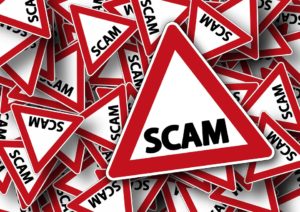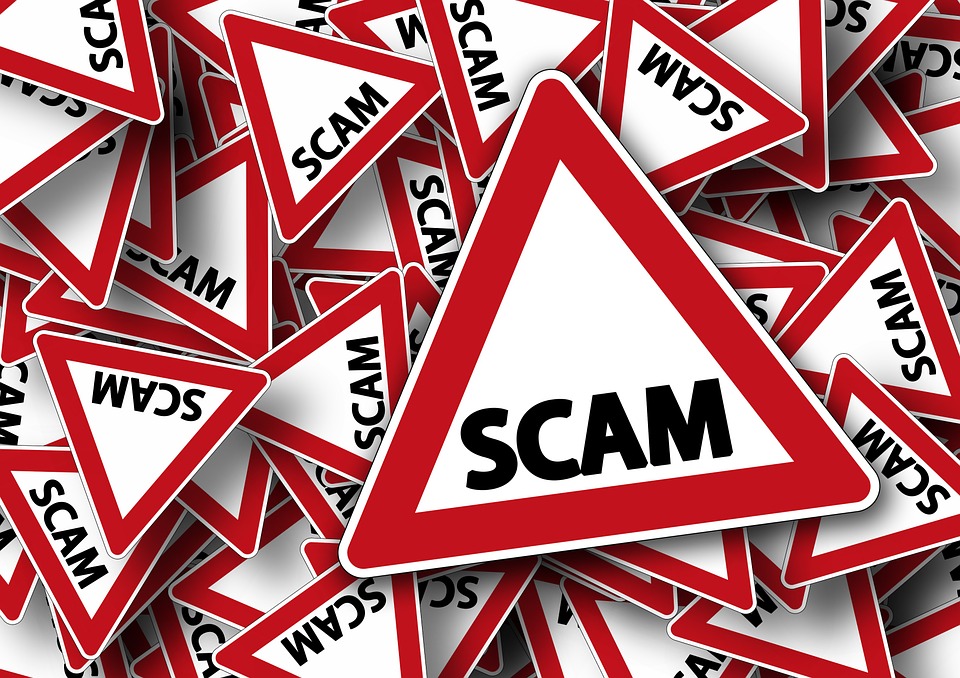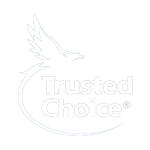 Courtesy of iii.org
Courtesy of iii.org
Natural disasters (such as a flood, earthquake, hurricane or tornado) sometimes invite another type of disaster: “Storm Chasers” who try to profit from others’ unfortunate circumstances. These profiteers take many forms – from workers posing as qualified contractors to “volunteers” trying to help only themselves to lawyers and public adjusters offering to take over your claim. If you start having second thoughts about anyone who has offered assistance after disaster strikes, here are some tips to get you back on course:
- Never feel pressured to make a decision.
While the need to recover quickly is understandable, do not succumb to a high-pressure sales pitch. If you’ve signed an agreement or contract, remember the Federal Trade Commission has rules protecting consumers that allow you to cancel a contract up until midnight of the third business day after entering into it. This applies to door-to-door sales contracts for more than $25, as well as sale contracts for more than $25 made at any place other than a seller’s usual place of business. Additionally, states have similar rules to help consumers having second thoughts on the contracts they’ve signed. - Think carefully about signing over your claim to an outsider.
This may sound like a good idea, since it appears to free you from handling the details of disaster recovery. However, what often happens when a third-party (which can be a contractor or public adjuster) takes over your claim is that you lose control of it and repair costs may be greatly inflated, delayed or not in compliance with building codes. The desire to get the job done right the first time makes a good case for the homeowner to stay involved in the process. - Always deal with a licensed, insured contractor for both temporary and permanent repairs.
Be certain to have a pro handle your job. Unlicensed individuals may actually cause more damage to your property. And, if they are injured on your property, they may hold you liable if they do not have their own insurance. You can request to see their license and verify it with state or county officials. Unlicensed contractors can be reported to your state’s licensing board. Keep receipts for temporary repairs, as your insurer will reimburse you for these expenses. - Know that your insurer is an on-call advisor to help you through every step of the claims process.
Home and business insurance policies comes with claims services, so consult your insurer as soon as possible after disaster strikes. Disaster claims are handled based on the severity of damage, so those most impacted get priority. That is why it is important to provide an accurate preliminary account of the damage when you make the initial call to your insurer. Also, be sure to mention any circumstances that may necessitate expedited claims handling, such as special needs situations. Contact the department of insurance in your state if you have complaints. - Report the scam to local police and your state insurance department.
These scams can happen to anyone, so don’t hesitate to contact authorities. Many states also have consumer affairs departments to assist you in answering questions, protecting your interests and filing charges, if necessary.
Additional Resources
- Federal Trade Commission – Scam Alerts consumer.ftc.gov/scam-alerts
- Federal Bureau of Investigation – Common Fraud Schemes fbi.gov/scams-safety/fraud
- gov – Consumer Frauds and Scams www.usa.gov/topics/consumer/scams-fraud.shtml
- Better Business Bureau – Scam Stopper bbb.org/council/bbb-scam-stopper/




